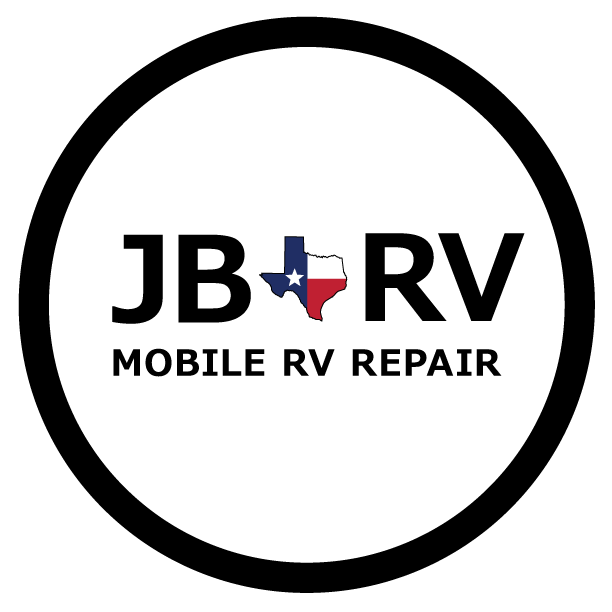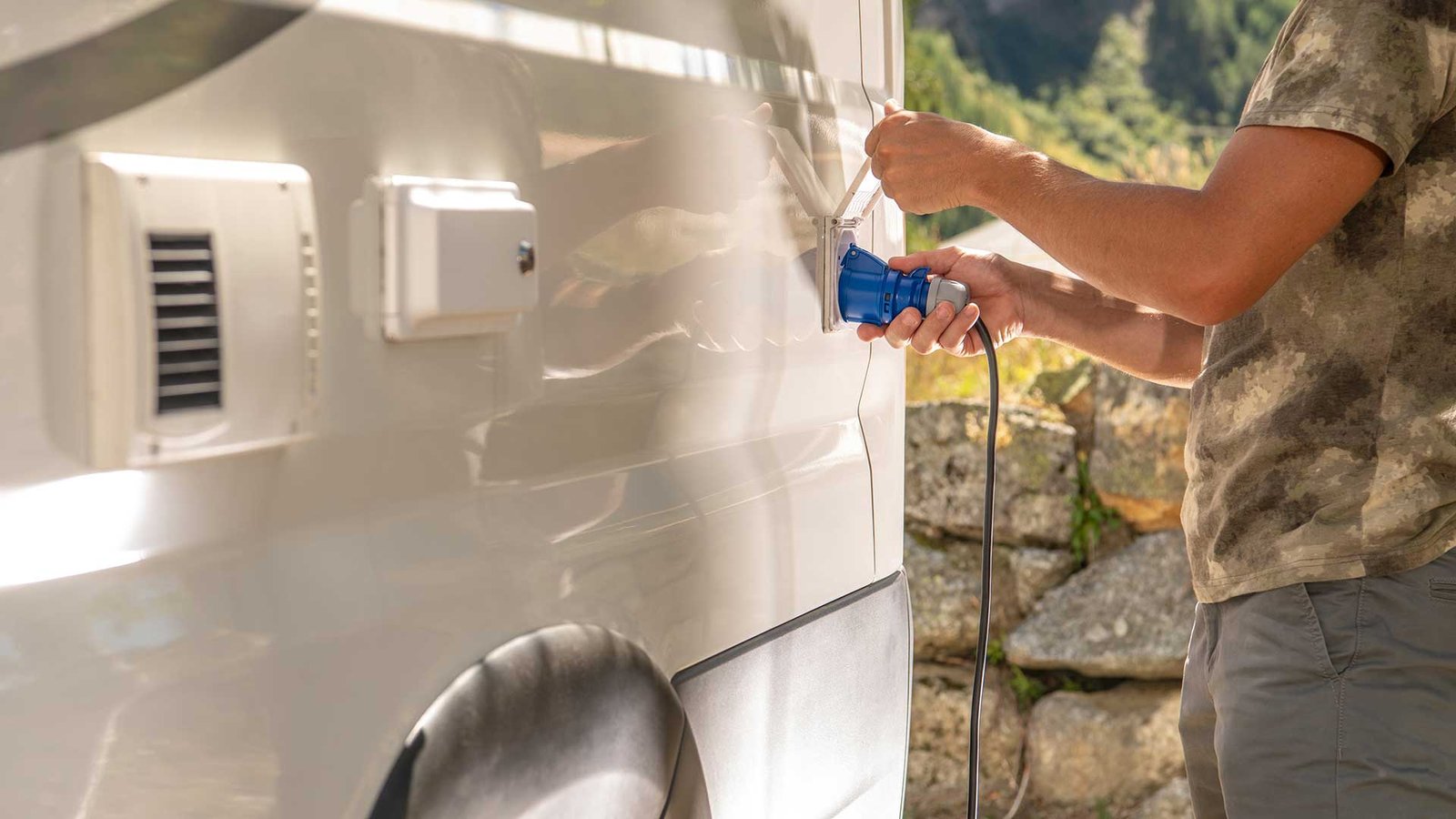Your RV’s air conditioner suddenly stops working—and you’re left wondering: Is it an electrical issue or is the A/C unit itself failing? It’s a common question for RV owners and one that can be frustrating to answer without the right knowledge. Since your RV A/C depends entirely on a reliable electrical supply, pinpointing the actual problem is the first step toward getting your cool air back.
In this guide, we’ll walk you through how to distinguish between power problems and actual A/C malfunctions, what signs to look for, and when to call in the pros. Whether you’re full-timing in your RV or just prepping for your next big trip, this knowledge can save you time, money, and headaches.
How RV A/C Systems Depend on Power
Before diving into troubleshooting, it’s helpful to understand the basics. Your RV’s air conditioner typically runs on 120-volt AC power. That power can come from:
- Shore power (when plugged into a campsite or home)
- A generator
- An inverter system with a large battery bank
If your power source is unstable or limited, your A/C may not get the voltage it needs to operate, even if the A/C unit itself is in perfect condition.
Signs of an Electrical Problem (Not the RV A/C)
If your RV A/C won’t turn on or seems weak, it might not be the unit itself that’s to blame. Here are telltale signs that the problem lies with your RV’s power system:
1. No Power to Other 120V Appliances
If your microwave, TV, or outlets aren’t working either, you’re likely dealing with a shore power, breaker, or inverter issue.
2. Breaker Is Tripped
Check your RV’s breaker panel. A tripped breaker can stop power from reaching the A/C entirely. Flip it back on and see if that resolves the issue.
3. Low Voltage at Power Pedestal
Some campgrounds have unstable voltage. Use a voltmeter to check your pedestal’s output—anything below 110V could prevent your A/C from starting properly.
4. Burning Smell or Buzzing Sounds
These could indicate a problem with wiring, the breaker box, or power cord—stop using power and have it checked immediately to avoid fire risk.
5. GFCI Outlet Tripped
Some RV systems are wired through GFCI outlets. If one is tripped, it may cut power to part of the circuit feeding your A/C.
Signs That the RV A/C Unit Itself Is the Problem
Now, let’s look at indicators that your power is fine—but the A/C unit is failing:
1. Unit Turns On but Doesn’t Blow Cold Air
This could be a bad capacitor, dirty coils, or low refrigerant (if your unit is serviceable).
2. A/C Is Making Loud or Unusual Noises
Grinding, squealing, or banging could point to a failing fan motor or internal mechanical failure.
3. Water Leaks Inside the RV
This usually indicates a clogged condensate drain, not a power issue.
4. Compressor Starts Then Quickly Shuts Off
This could be a faulty compressor, relay, or thermostat—not an issue with incoming power.
5. A/C Unit Doesn’t Turn On But Other Appliances Do
If your power seems fine everywhere else, your A/C’s control board, capacitor, or thermostat may be to blame.
How to Troubleshoot Step-by-Step
Here’s a quick troubleshooting checklist to help you identify the source of the problem:
- Check the Breaker Panel – Reset any tripped breakers.
- Inspect GFCI Outlets – Reset all GFCI outlets to restore any lost power loops.
- Test the Power Source – Use a voltmeter or EMS system to check incoming voltage from shore power.
- Try Running a Different Appliance – Plug a toaster or hair dryer into the same outlet to test functionality.
- Reset the Thermostat – Sometimes a thermostat reboot can fix internal logic errors.
- Listen for Sounds – No hum, buzz, or fan noise could suggest the unit isn’t receiving power.
- Inspect the Roof Unit – Look for physical damage, clogged filters, or ice buildup.
Still unsure? We’ve outlined when it’s time to repair or replace in this guide:
👉 Replacing vs. Repairing Your RV A/C Unit: Which Makes Sense?
Tools That Can Help You Diagnose the Problem
- Multimeter or Voltmeter – Test voltage at outlets and your power pedestal.
- Surge Protector with Digital Display – Helps monitor voltage drops in real time.
- Infrared Thermometer – Great for checking A/C output temperature.
- Soft Start Module – Prevents power overloads that can trip breakers when starting your A/C.
Want to get ahead of issues before a trip? Follow our tips here:
👉 How to Prepare Your RV A/C System for a Long Trip
When to Call a Professional
If you’ve ruled out power issues and basic user-level troubleshooting, it’s time to call an RV A/C expert. Components like capacitors, control boards, and compressors are best diagnosed with professional tools and experience. Delaying repair could lead to more costly damage or leave you stranded in the heat.
Don’t let the Texas heat get the best of you. If your RV air conditioner isn’t working and you’re unsure if it’s an electrical issue or a mechanical one, let the experts at JBRV Mobile RV Repair figure it out for you. Our technicians come to you with the tools and expertise to quickly diagnose and repair your system—so you can stay cool and get back on the road.
Book an appointment online and we’ll take care of the rest.

